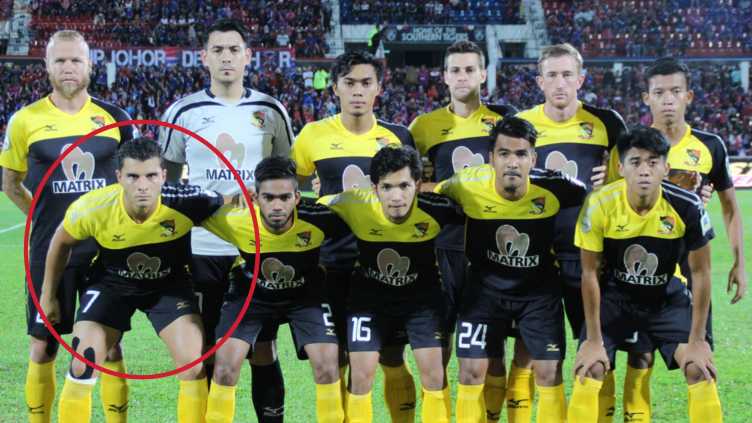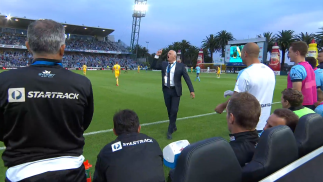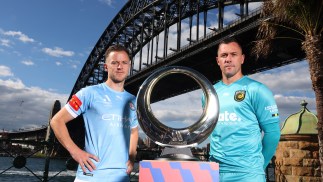As Melbourne City faces a ‘hectic’ squad renewal, football director Michael Petrillo will oversee a matrix of recruitment that stretches around the world. Tom Smithies reports
Michael Petrillo’s holiday checklist has two distinct strands as Melbourne City’s football director packs his suitcase each year to head to Europe when the A-League season is over.
By day there’s the sunscreen and travel guides, and then for the long, leisurely evenings of a European summer there’s his phone and laptop – the point when his holiday reading matter switches to resumes, and his conversations are online and centred on the continual evolution of a salary-capped playing squad.
At the point where their players can switch off entirely once the final ball of the season is kicked, the people responsible for squad selection at each A-League club are now knee-deep in what Petrillo calls “the busiest time of year” to have everything in place for the start of pre-season training.
Even in Grand Final week, the furious activity of the Mariners and Melbourne City on the training pitch is mirrored off it by football departments the length of the country planning their rosters for next season and campaigns beyond – all the while knowing that the longest-term thinking can be upended by an email containing an unexpected offer for a player.
Both the grand finalists have the added complication of planning for Asian football which this year will commence in September – requiring their squads to be both physically prepared earlier but also potentially expanded to the greater size allowable by the Asian Football Confederation.
In fact, City and the Mariners are perfectly contrasting examples of how the resources available to a club can echo into the distance way beyond the limits of a salary cap that already has considerable room for variance built into it.
At the Mariners, the overhaul of the squad list is overseen by head coach Nick Montgomery, CEO Shaun Mielekamp and sporting director Matt Simon – a trio already planning for the exits of several influential players thanks to the profile that success this season has brought.
At City, Petrillo is essentially going through the same process, but – as befits the club’s role as one starship in an intergalactic empire – with access to resources that drill down into Australian grassroots football and up to the four corners of the globe.

It’s arguable that this is already the most seismic end-of-season in City’s history, with a significant change of personnel imminent and a new coach’s influence on the re-shaping of the squad.
Six senior members of the squad could be gone, including a visa spot to be filled, while more of the club’s production line of young academy talent needs filtering into the senior squad. No wonder Petrillo views this as “for me, the most important time of the season. Players leaving or potentially selling players, recruiting players, sometimes staff, sometimes coaches, sports scientists, academy staff sometimes.
“It’s a really busy time, planning for preseason, and we’ve got Asian Champions League this year so it’s going to be even more hectic than normal.
“There’s a lot happening during this time so although I go away – normally I go to Europe – I’m normally working. So that’ll be a bit of fun during the day and then late at night on the phone or early morning on the phones and on the emails.
“We start the process pretty early in the piece. we’re always looking ahead and looking at the possibilities – but whilst you start early and you can do some planning, some of those possibilities don’t eventuate.”
This year it’s that in spades, with Jordan Bos already committed to joining Belgian side KVC Westerlo, and Tom Glover, Aiden O’Neill and Marco Tillio increasingly likely to follow him to Europe, while captain Scott Jamieson announced his retirement last week.
Meanwhile the form of Kosovan midfielder Valon Berisha during his hugely successful loan year at City has caught the eye of Will Still, the young manager at Berisha’s parent club Reims, meaning Berisha is returning to France with the promise of more first-team football.
The irony of that isn’t lost on Petrillo but it’s all part of the business model for City to offer high-calibre players in Europe the chance to reboot their careers with a stint in Melbourne – a path previously trodden by Ritchie de Laet and Jack Hendry. As Petrillo points out, no loan has been extended, usually because the players are newly back in demand.
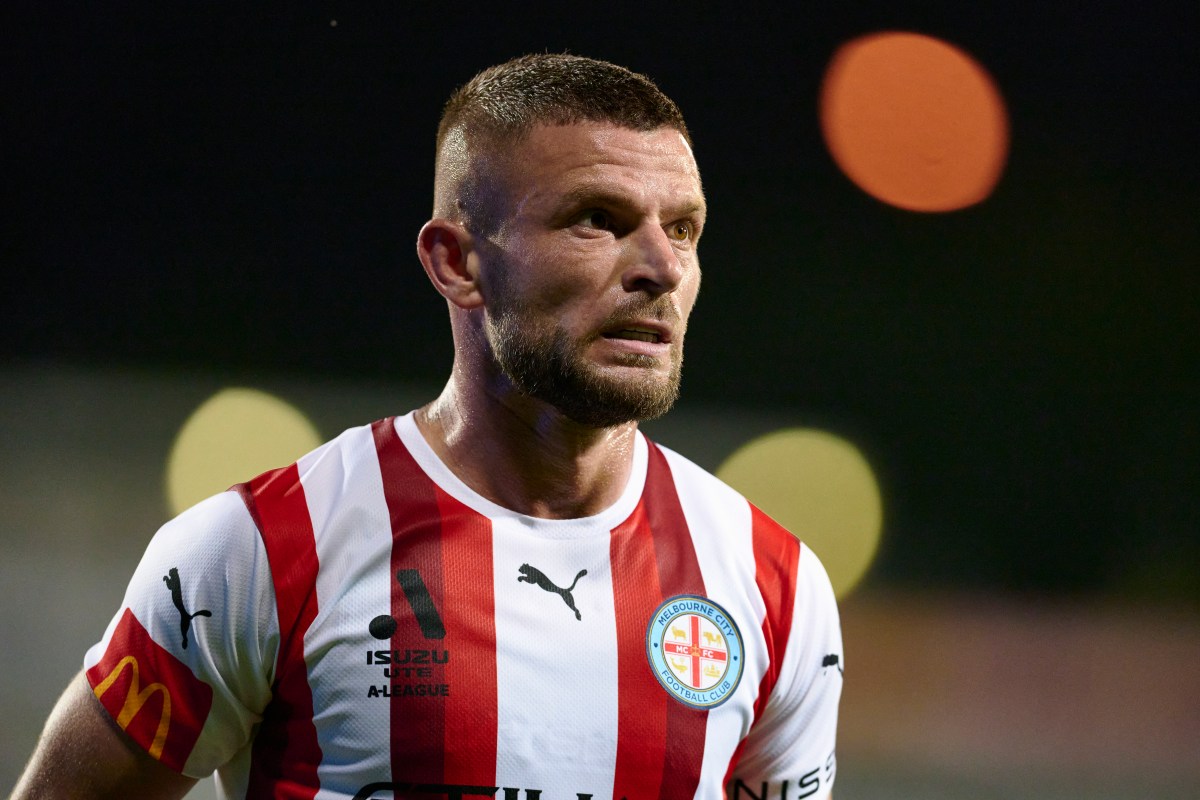
Instead European clubs have been in touch in recent weeks about the possibility of acquiring several local products, and the moving parts of squad management become even more complex. “With Marco Tilio for instance, we’ve had a lot of interest, but we don’t know yet what’s happening with him, if he’s staying or going,” Petrillo says.
“So we try to plan around most of the certainties and then have a plan A, then plan B, plan C depending on which players we think might stay or go. It’s a pretty complex procedure that we go through.
“But I think it’s helped us particularly to make sure we’re thinking ahead and maintaining good squad depth.”
***
When James Poole signed for Manchester City as a 15-year-old in 2005, he no doubt dreamed of making his mark with the City Group over years to come.
In many ways he has but not in the sense he might have expected: after being released by City, Poole played in England’s lower leagues and drifted into semi-pro football but also secured a scouting role with the City Group.
Since 2019 he has been chief scout in Australia, responsible both for identifying local talent and for filtering possible signings from overseas for Petrillo to then evaluate.
Petrillo believes Poole represents the A-League’s only full-time Australian-based scout and is a key part of the chain which evaluates potential signings including head coach Rado Vidosic and the City Group’s managing director of global football, Brian Marwood.
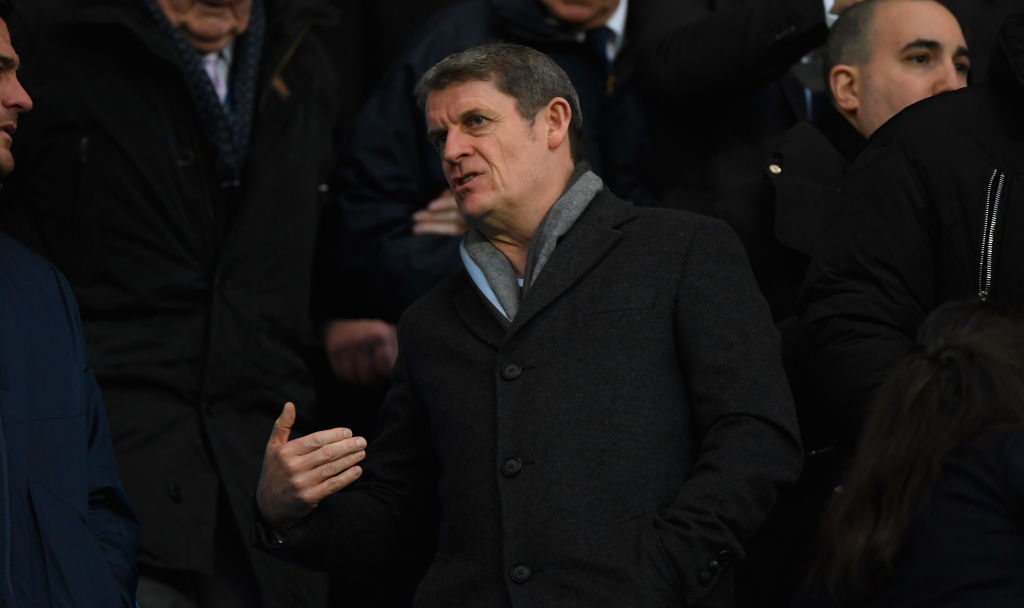
“Most of our leads come through our scouts or myself or my head scout here in Melbourne and we’re very fortunate in having James who’s come from Manchester and basically doing all the work that I used to do myself here previously,” says Petrillo.
“He’s able to have a grasp on everybody in Australia basically, and then has a global perspective as well, collating the information that comes from our international scouts and then presenting to me.
“It’s a system that’s working, we’re all aligned in our philosophy, the way we want to play football and the type of players that we believe will give us the best results.
“We have a City way of playing and we try to bring in coaches who believe in that way. So when I’m looking at players, I more or less already know which ones Rado would probably want because we have certain characteristics for different positions.
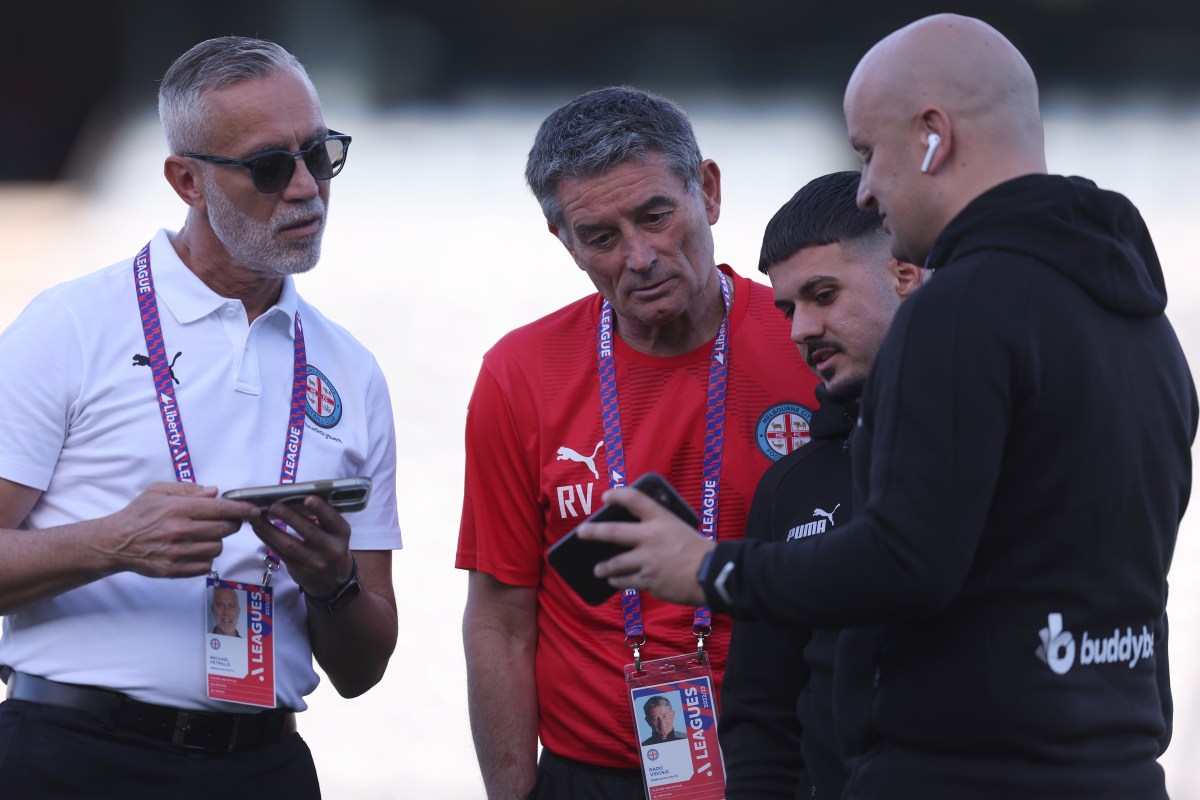
“As to what they are, there’s a lot of things: are we looking at a player that’s going to be a starting XI player and a senior player, then the salary cap comes into the equation in terms of how much we have available (and) how much have we allocated for a certain position?
“There’s a whole lot of variables. What age is the player? Do we have someone coming in (from the Academy) over the next year or two that maybe can fill that spot? So in that case we don’t mind going with an older player that may only be around for a couple of years.
“We take a whole lot of different questions and put them into the equation and spit out an answer after much discussion. We don’t normally go through a very quick process, it takes quite a while.
“Then just before we make any final decision, I’ll have a quick chat with Brian in Manchester, make sure he’s around it and that he’s happy, as well. That relationship’s been pretty strong for more than seven years I’ve been involved with the club.”
BUY TICKETS TO THE GRAND FINAL

All of that is churning away in the background while the first team squad prepares for a grand final with the emotional edge for several players who know it’s likely to be their final appearance in City Blue.
“Valon, for instance, wanted to get back into the Kosovo national team, he wasn’t getting the game time he would have liked in France and was offered a good opportunity to come out to Australia,” Petrillo says.
“He’s enjoyed himself and we’d love to keep him but he’s got a good contract in France in a good league, and the coach there has indicated that he’d like him to go back.
“With our younger players, it’s something that I say to them when they come: for us it’s a really important position to take that we want players to go on and be bigger and better and want to play in bigger leagues in Europe.
READ MORE ON KEEPUP
ISUZU UTE A-LEAGUE GRAND FINAL: Everything you need to know
GRAND FINAL PARTY: Are you ready Sydney?
MAX BALARD: A ‘crazy’ journey through four countries to Gosford
MELB CITY: Two incredible stories sum up their rise
JAMIESON’S RETIREMENT: The moments with his son that will stay with Scott Jamieson for a lifetime
“What I would say to players, if we get an offer from perhaps a club that’s not so great in a league that’s not so great, are they actually better off going there or are they better off staying with us where we can provide a better platform for them to maybe go on to a better club and a better league?
“I think we’ve sort of been able to prove that over the years. It depends on the size of the offer, it depends on the player and where he’s at.
“But it’s very rare that we’ve stopped a player going. Normally if we don’t think it’s the right decision, we have a good chat with the player and they normally see the reasoning behind it.
“In seven years I’ve been at the club I’ve not come up with a player that has wanted to go, but we’ve stopped them.”


